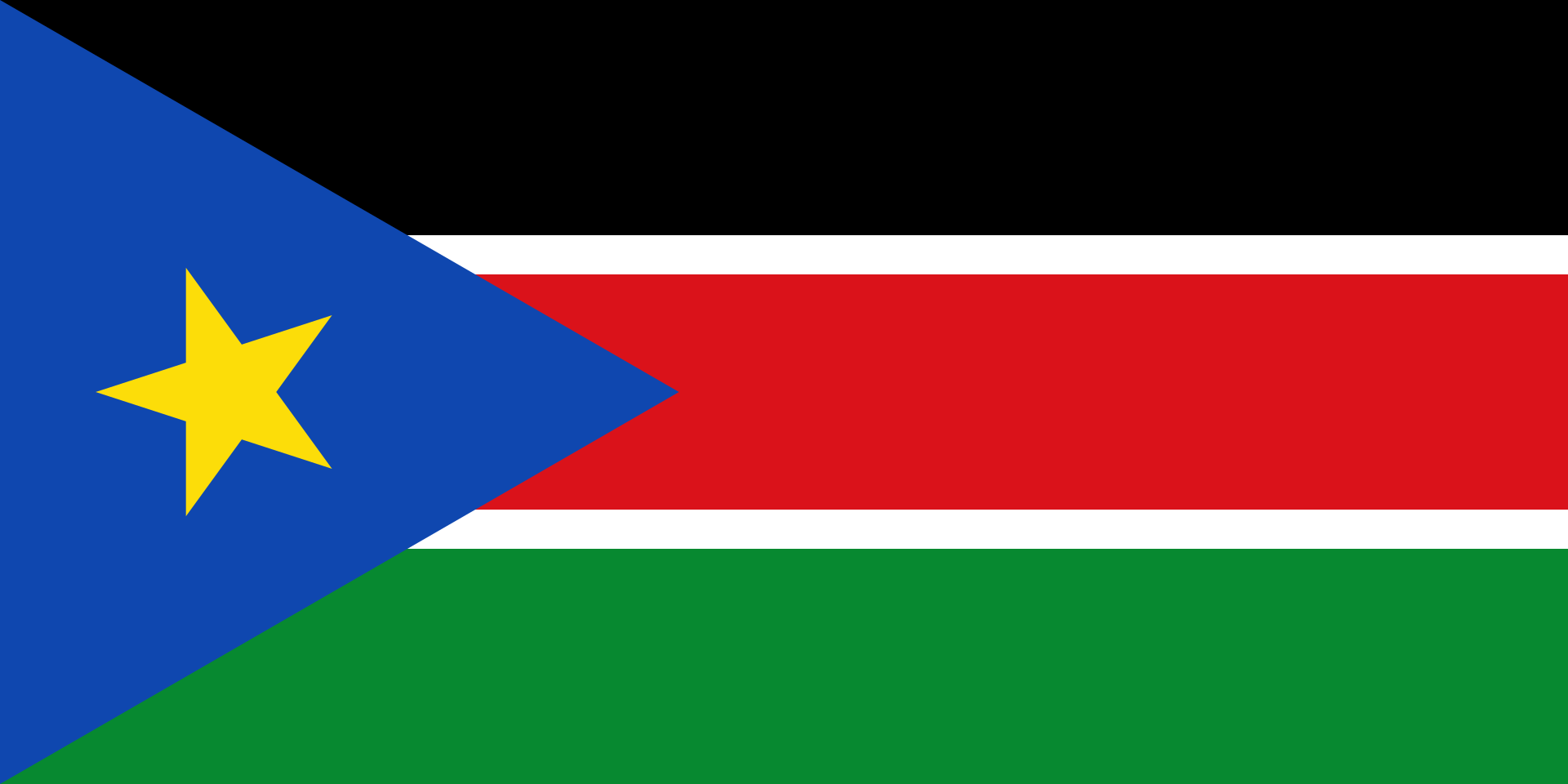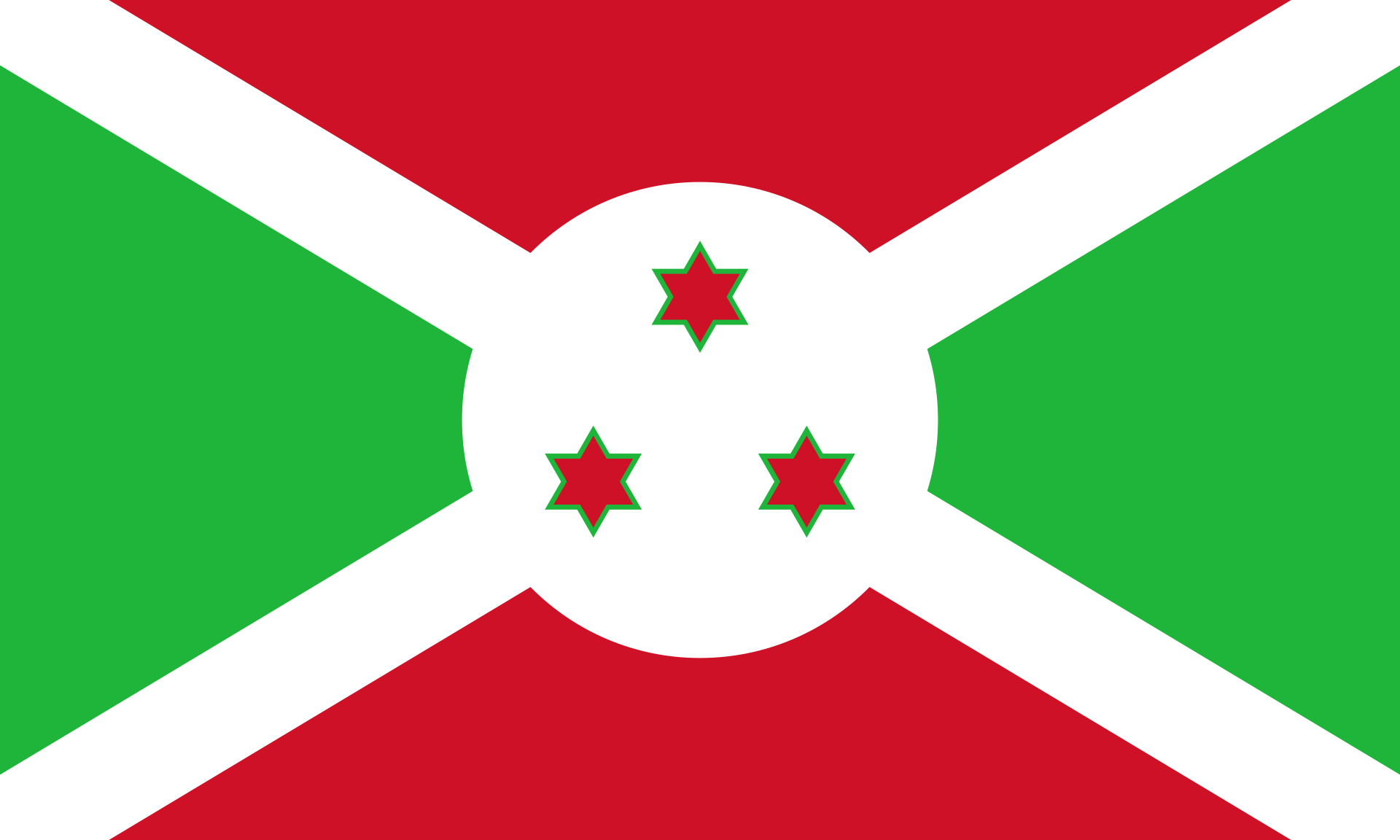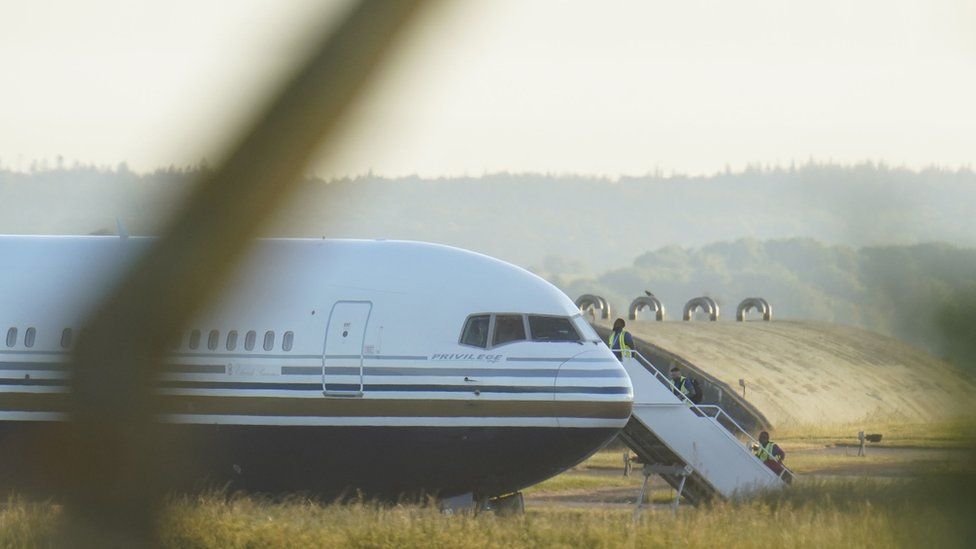- Details
- Julius Mbaluto
- World
- 570
MALAKAL - As powerful barges manned by the Bangladeshi Marine Force Unit deployed to the United Nations Mission in South Sudan (UNMISS) make their careful way across the overflowing waters of the White Nile, the air is laced with expectation.
Lush, thick vegetation characteristic of the Sudd—one of the world’s largest wetlands—flank both sides of the river, providing sanctuary to birds and the odd crocodile.
A team of peacekeepers are journeying to remote Canal in Pigi county, an area that can only be reached via water routes from Malakal in Upper Nile state. Dark clouds scurry across the sky and the ongoing drizzle soon becomes a deluge.
On one of the boats is Sara Beysolow Nyanti, the Secretary-General’s Deputy Special Representative for South Sudan. Ms. Beysolow is also the Resident and Humanitarian Coordinator for this young nation, and this is a special trip for her.
Why? Because she is going to meet communities who, just a few months ago, were living on an active minefield.
“When the plight of the people who relocated to this live minefield was first brought to my attention, the immediate question in my head at the time was why would anybody choose to do that?” asks Fran O’ Grady, Chief of Mine Action, South Sudan. “The answer is—nobody would but communities felt they had no choice.”
Climate change has resulted in some of the heaviest rainfall and flooding across South Sudan in nearly a century. The contours of the Nile and its surrounding swamps have changed dramatically, and this has led to a desperate search for dry land by communities.
Some 1,500 people, in a bid to survive, moved into an area littered with 25 anti-personnel mines, a grim legacy of previous conflicts.
Upon hearing about this shocking incident late last year, UNMAS lost no time mobilizing all resources and capabilities, battling huge odds to make the ground safe for people.
It wasn’t an easy task.
The first obstacle they faced was the hard ground. It couldn’t be demined manually and they had to source a special machine. The second – racing against time to complete their lifesaving work before torrential downpours made the location impossible to reach!
“We had a miniscule window of opportunity because the rains were only a few weeks away,” recalls Mr. O’ Grady. “The nearest machine was a long boat ride away. We had to acquire that machine; fix it; find a barge to carry it up the river to Canal before it started pouring; and put together a team to do the actual clearance,” he reveals.
“It was a gamble but I’m really happy to say it worked out and we managed to clear the entire area of anti-personnel mines,” he adds.
Mr O’Grady’s words are borne out by the warm welcome that DSRSG Nyanti received when she reached Canal. Singing, dancing and heartfelt conversations were the order of the day.
“There’s so much life here,” states the UNMISS Deputy Head. “We’re responsible for 75 per cent of demining activities in South Sudan and this is a stellar example. Before UNMAS cleared these grounds there were only 1,500 people in Canal and now we have some 10,000 community members living here. We hear children laughing and playing. Every step that people take is safe and the ground they live on is safe. This is a huge achievement in terms of ensuring access to humanitarian services and development programming.
Ms. Beysolow acknowledges that much more remains to be done. Walking around in gumboots, a raincoat, and an umbrella, she is oblivious to the mud below her feet and focuses on community leaders, women, and children, while also participating in some of the jubilation that her arrival has occasioned.
She takes their stories seriously and listens carefully, as the rain beats down.
Inclement weather has become a way of life here and community members flock to narrate their issues—snakes run them out of their homes; they need clean water and medical care, plus their children lack proper schools.
But it is the plight of the women that hits the Resident and Humanitarian Coordinator hard.
“No matter what title or position I hold, I am first and foremost an African woman. Listening to the issues that the women in this community are facing is hard for me. The fact that a woman in 2022 must either leave her home and find somewhere else to live when she is seven months pregnant or reconcile herself to a 50-50 chance of dying because she won’t have access to a hospital to deliver her baby safely—that’s painful. It is painful to hear snakes and people are fighting for the same space; that people are pushed out of their homes at night when snakes enter because of floods,” states Ms. Nyanti passionately.
Despite these persistent challenges, the people of Canal hold deep gratitude in their hearts for the efforts made by UNMAS.
Sarah, a women’s representative (and DSRSG Nyanti’s namesake) says that the demining activities have hugely improved quality of life for the communities in Canal.
“Before UNMAS helped us we were always afraid of what was under the ground. We feared that our children would pick up something that was dangerous and be hurt or killed. Now, we can live without apprehension; we can dig the ground to build ourselves tukuls (mud huts) that provide us shelter from the rain and our children can play freely,” she discloses with a smile.
Significantly, despite their daily hardships, Canal communities live peaceably. Host communities and internally displaced people stand together in their battle against climate shocks and are united in their need for healthcare, education, clean water, and food.
Thanks to UNMAS and its committed deminers, hope, which was in short supply, has got a new lease of life in Canal. With additional help from international friends, people here could possibly recover and rebuild their lives.
“The people of Canal have themselves chosen to clear their pathway to peace,” says DSRSG Nyanti.
“This is really an important step. When there is peace, when the ground they live on is safe, and when they have worked hard to reconcile their differences, we, as the UN family, can rally to garner more support for them." - Priyanka Chowdhury, United Nations









